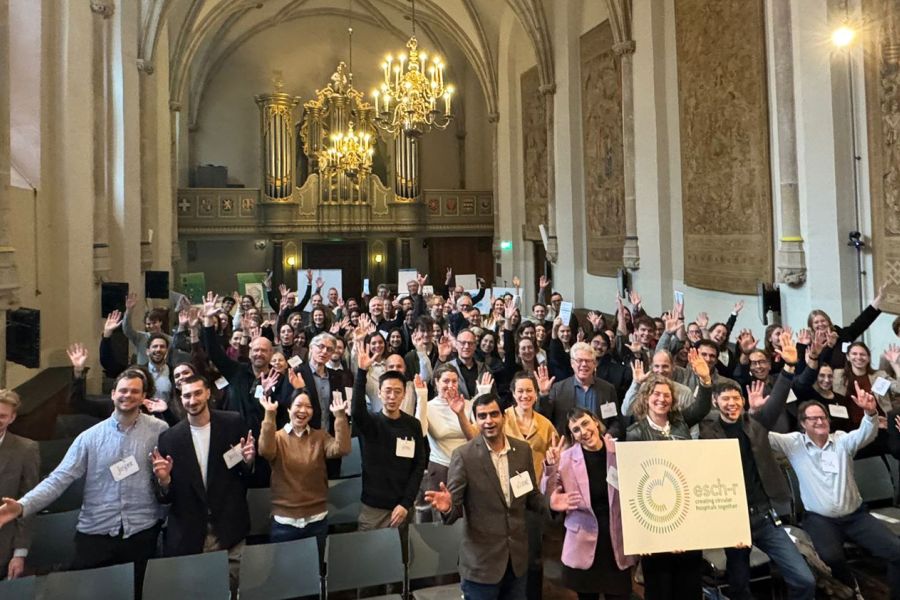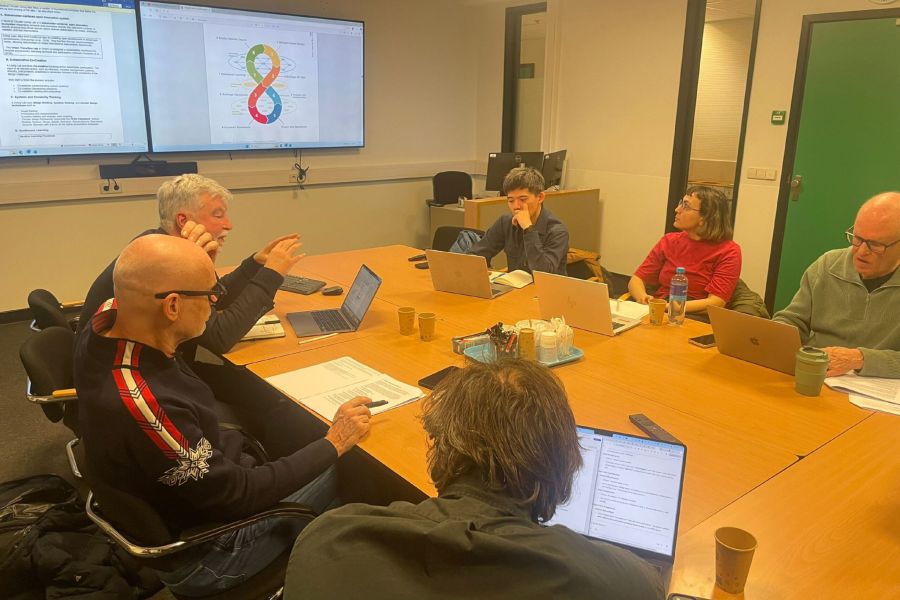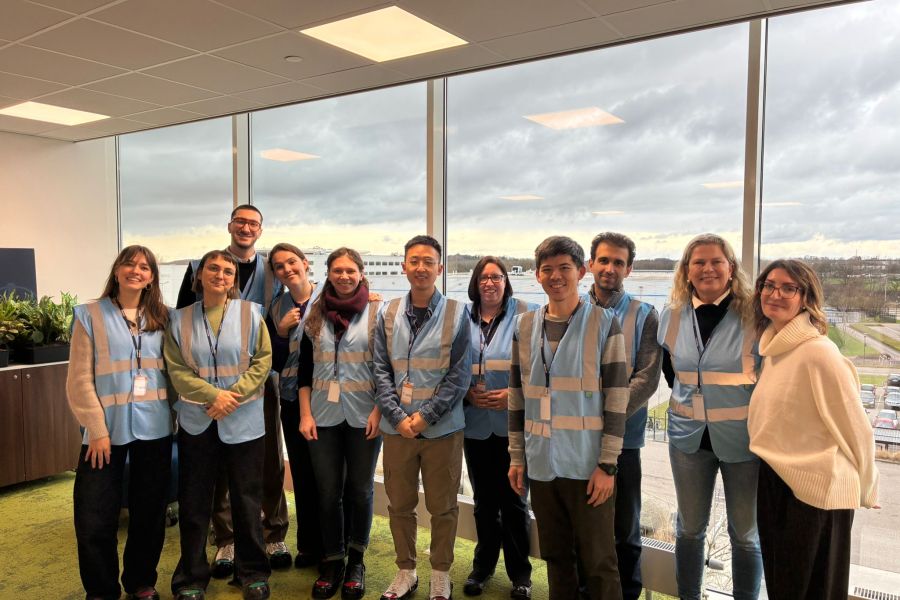Interview with Erik van Raaij and others


A vanguard of healthcare professionals have initiated a movement towards sustainable care. Their examples deserve to be followed. But what does it take to accelerate? Seven players with a heart for sustainable care pondered that question at the Zorgvisie/Philips roundtable in Utrecht.
Sustainable care can no longer be ignored in hospitals. This is thanks to forerunners such as Talitha Hoppe, OR assistant at OLVG. Partly thanks to her, a lot has changed at the Amsterdam hospital group. For instance, disposable blankets have been replaced by washable ones. That is just one of many examples and more will follow. Because sustainable care is on the rise. Green teams are springing up like mushrooms. At the OLVG, there are already 25, which Hoppe coordinates. Incidentally, she had to fight to be allowed to spend eight hours a week on this theme. ‘Making it sustainable is seen as a luxury. It is not. Sustainable thinking is about dealing with scarcity. That is very much needed right now. We need to invest a lot more in sustainability,’ she tells her dialogue partners.
Half OR environment
Radiologist Heleen Dekker of the Radboudumc devotes one day a week to sustainable care. That time has been freed up for a study on the sustainable use of contrast agents. She investigates how we can use them appropriately (minimise them), reduce waste and prevent sewage pollution. This research was nominated as best practice at the VGZ awards last year. ‘I am the only one of the medical specialists in my department who has time for sustainability. We are taking steps, but I want to do much more. I would like to interact more often with other disciplines such as anaesthesia. That is quite difficult to organise.’ Professor of sustainable procurement in healthcare at Erasmus University Erik van Raaij thinks it helps that sustainability has become a research topic in university medical centres.
‘If you can show that you can publish about it then you also get time for it,’ he says.
It strikes Diederik Gommers that considerable strides are being made at his Erasmus MC, thanks to the green teams and studies that have been launched. This is leading to fruitful multidisciplinary collaboration. ‘You used to often hear: the purchasing department or waste disposal department don’t cooperate. That kind of resistance is gone. You can have the conversation. To make it a real priority still requires perseverance, but this change is unstoppable. Especially because young professionals are asking for it. If you do nothing, the new generation won’t come to work with you.’
Read more (In Dutch)
Read the same interview on the website of Skipper.


